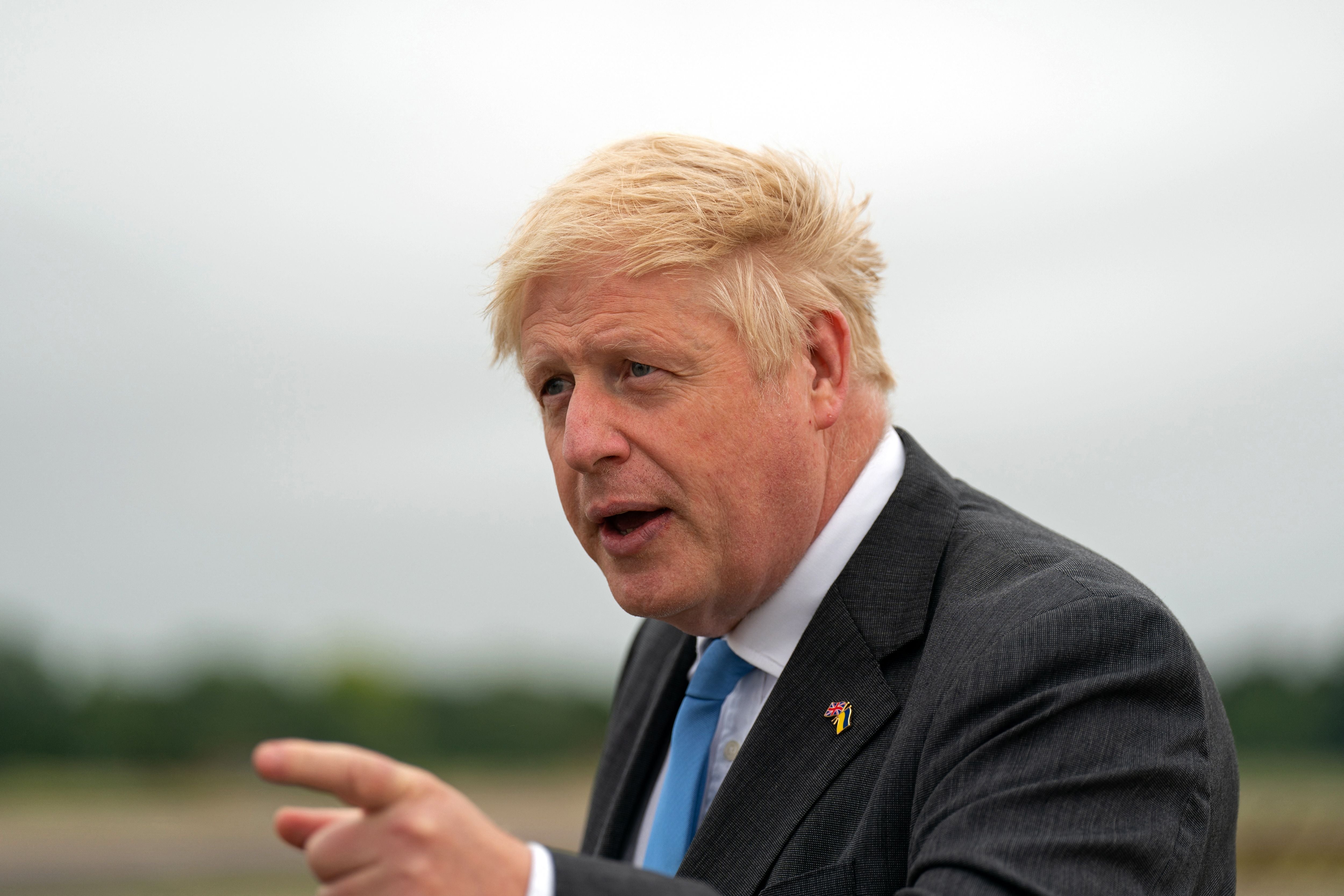How will the privileges committee investigation into Boris Johnson work?
Many backbench Tory MPs view the hearing as a potentially major flashpoint in Boris Johnson’s premiership, writes Ashley Cowburn


After narrowly surviving a confidence vote 13 days ago, Boris Johnson is, technically, safe from a second attempt to force him out of office for at least 11 months.
In a secret ballot 41 per cent of Tory MPs voted to remove him as leader, delivering a serious blow to the prime minister’s authority after months of damaging headlines about the Partygate scandal.
Some backbenchers also expect Mr Johnson’s standing in the party to be delivered a further blow if the Tories suffer the “disaster” of a double by-election defeat this week.
Voters will head to the polls on Thursday in the Yorkshire seat of Wakefield – a former Labour heartland – and the Devon constituency of Tiverton and Honiton. Many MPs consider the former a write off for the Conservatives, while confidence is low for the latter.
If the gloomy predictions come to fruition, expect questions once again to be raised over Mr Johnson’s leadership, with MPs jittery about their own prospects ahead of the next general election.
But the parliamentary party is also focused on another huge flashpoint on the horizon: an investigation by the privileges committee into whether Mr Johnson misled parliament.
The body is responsible for examining whether MPs have committed contempt of parliament and might have a major impact on the prime minister’s future.
MPs on the cross-party committee are yet to determine a timetable for the inquiry, which has the power to call Mr Johnson to give evidence, but it is expected to begin before the summer recess.
It is anticipated that the deliberations will take three to four months, and many MPs are pencilling in the autumn for the findings to be presented to parliament. Any conclusions and sanctions, which can include a suspension from the Commons, will have to be approved by a vote of all MPs.
Expect an almighty row if MPs on the committee conclude that Mr Johnson deliberately misled parliament, a clear breach of the ministerial code. Many MPs, including those on the Conservative benches, would expect his resignation.
But as the ultimate arbiter of the ministerial code, the prime minister could attempt to cling on. If this happens, some Tory backbenchers, as we report today, may then decide to put pressure on the Tories’ 1922 Committee to change the leadership rules and allow another vote of no confidence
Despite Mr Johnson’s determination to “move on” from the Partygate scandal that has destabilised his premiership, the issue is likely to be thrust back into the spotlight in the coming weeks and months.
Join our commenting forum
Join thought-provoking conversations, follow other Independent readers and see their replies
Comments
Bookmark popover
Removed from bookmarks